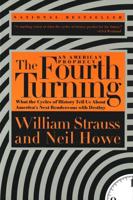Publisher's Synopsis
The Continental Congress and General Washington mistakenly inflated the importance of New York City to the cause of the revolution. After racing to beat the British to New York, Washington committed his army to the defense of Long Island, either overlooking or neglecting its critical vulnerabilities. Hopeful of a victory in the fashion of Bunker Hill that could bring an end to the war, Washington and his inexperienced corps of generals led an under-trained, under-equipped, undisciplined force, into the largest battle of the Revolutionary War against one of the most experienced armies of its time. The subsequent battle was the most lopsided defeat the Continental army suffered during the war and the destruction of the army was prevented only by a daring retreat across the East River.








